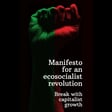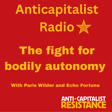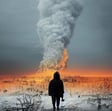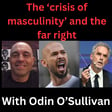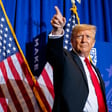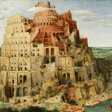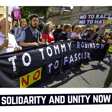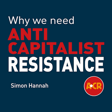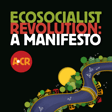
Palestine and Marxism with Joseph Daher - a discussion
A discussion hosted by AntiCaptialist Resistance on the new book Palestine and Marxism by Joseph Daher.
About the speakers
Joseph Daher is an internationalist, anticapitalist and an academic. He teaches at Lausanne University, and is a professor at the European University Institute, Florence. He is the author of Syria after the Uprisings (Pluto, 2019) and Hezbollah: The Political Economy of Lebanon’s Party of God (Pluto, 2016). He is the founder of the blog Syria Freedom Forever.
Beessan, is a liberation feminist active in decolonization movements, sexuality issues, and social and political justice. She has been active in organizing and coordinating many literary and cultural events such as the Freedom Theatre, the Qattan Foundation, Film Lab, and the Palestine Literature Festival.
Salim Albeik is a Palestinian novelist and critic. He is the author of the novels Eye of the Rooster, Scenario, and Two Tickets to Saffuriyya. He is the founder and editor of the Palestinian cultural magazine Rumman.
